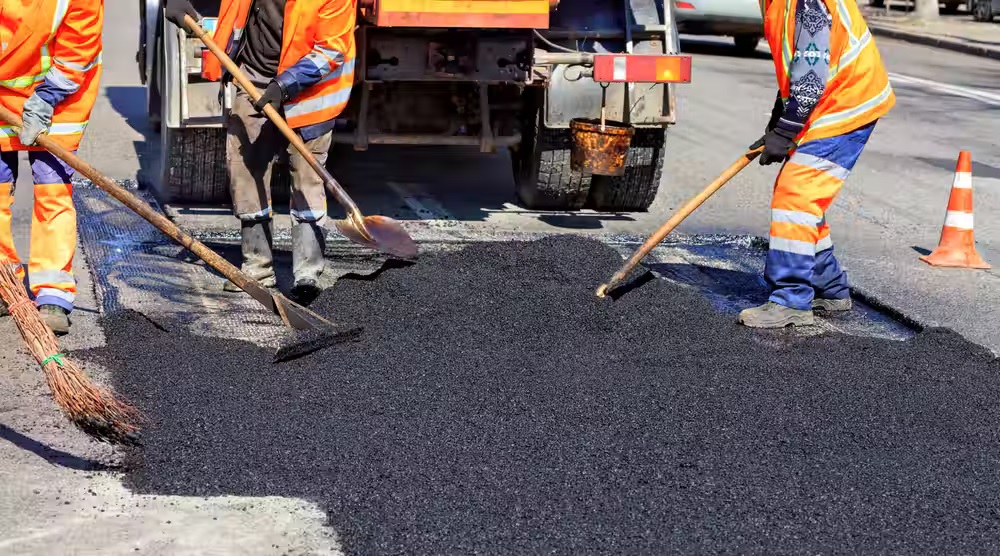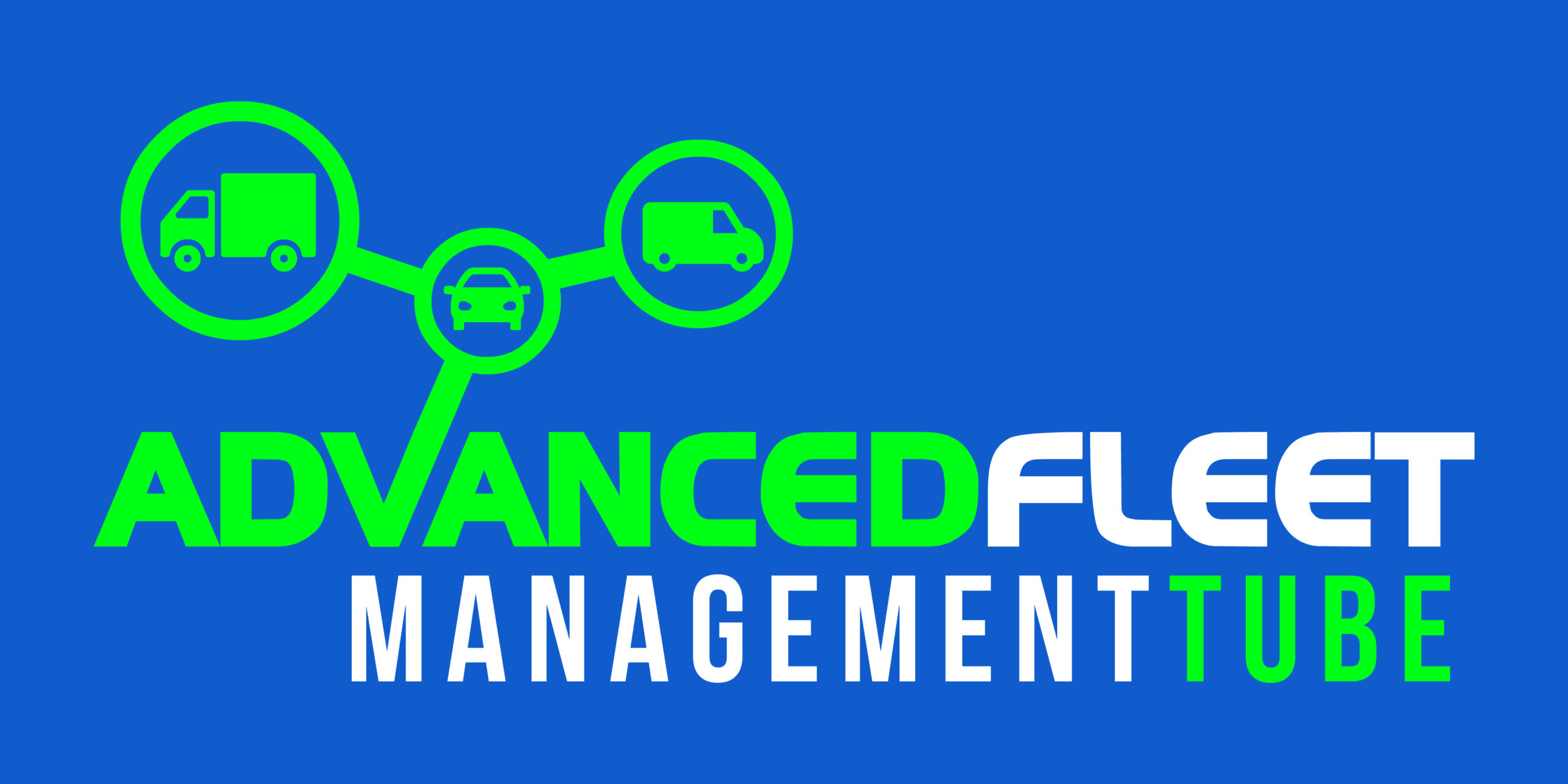It’s time to give maintenance the resources and respect that innovation gets.
The nation increasingly faces the consequences of failing to maintain our infrastructure—from crumbling roads to bridge failures, to urban flooding, and so on. And the trucking industry is bearing the brunt of much of this deterioration. Aside from wear and tear on tires and suspensions, poorly maintained infrastructure causes accidents. And even if a truck is not involved, they can cause traffic congestion, freight delays, and muck up a driver’s hours of service.
Thankfully, the roughly $1.2 trillion Infrastructure Bill that passed late last year will supply some money to address some of the issues. But will we as a society make the same mistake all over again? I sadly think it is likely.
The focus will be on building new things—on cutting ribbons and not on maintaining what we have. Of the trillion dollars or so spent, I wonder how much will be designated toward maintenance, or toward assuring the infrastructure is guaranteed to be maintainable? If we spend the money on new things, we are just kicking the can down the road to our kids, or their kids’ generation. All the new stuff is going to need to be maintained at some point, too.
There is something built into this age that decries taking care of what we have. In history, we may be unique in our adoption of innovation as a norm and the goal of having products so cheap we can throw them away rather than fix them. Our consumption has drifted from utility to fashion.
Before the COVID-19 pandemic, I spoke with a pastor on a flight to Dallas. He asked what I did and I said maintenance management. Unlike most people (whose eyes quickly glaze over when I talk about maintenance), he seemed interested.
“Actually, you and I are kind of in the same business,” he said. “I have no problem getting people to church for births, deaths, and marriages, but no matter what I say, most of my congregation will not come in regularly to do ‘maintenance’ on their soul.
“I suspect that you have the same issue,” he continued. “Everyone is all ears when another bridge collapses or at the ribbon-cutting when a new road opens. But getting the enthusiasm and the funding for anything in between is like pulling teeth.”
I never thought of maintenance as a theological issue. It has always been the case that new, shiny things get the most attention. It also has always been the case that tragedy gets attention for a few weeks or so.
Maintenance, in and of itself, is far from tragic and hardly new. It must be respected, as it is a necessary facet of nearly everything in our lives, as stated in an article in Aeon Magazine: “We can think of labor that goes into maintenance and repair as the work of the maintainers, those individuals whose work keeps ordinary existence going rather than introducing novel things. Brief reflection demonstrates that most of the human labor, from laundry and trash removal to repainting and food preparation, is of this type: upkeep.”
One problem is that our society is trained to look for innovation and look away from maintenance. Everyone remembers the Wright Brothers’ contributions to aviation, yet do you even notice the crew on the tarmac checking fluids and flaps to ensure it is safe to fly?
My pastor friend had a point. There is a virtue to spending the time taking care of what we have. This is an important message for the people coming into our commercial vehicle industry. We have great wealth in the U.S., from resources and assets to information to time, but with great wealth comes great responsibility.
We in the maintenance industry have an important job in the coming few years. We have to be the ones who seek out the local infrastructure conversations and contribute to them. Our on-the-ground expertise is essential to help leaders make better decisions.
One way is to get in touch with your elected representatives and tell them you have expertise in maintenance. Tell them you would be happy to offer up some time to express your opinions to make the infrastructure more robust. It could be the effort that keeps us from facing more dire consequences 50 years from now.
By James Alfred
Source: https://www.fleetmaintenance.com/





